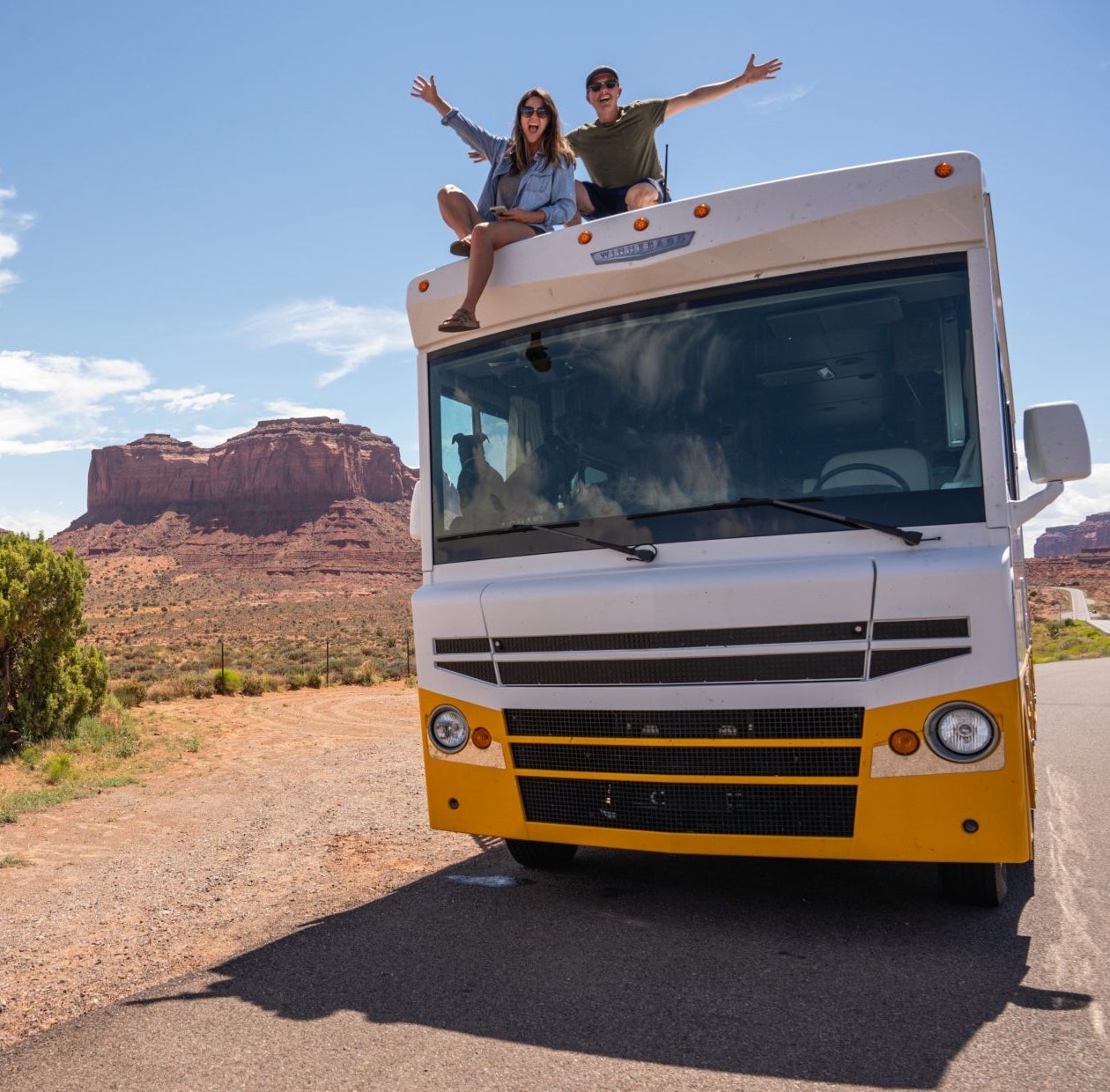The RV is America’s ultimate choose-your-adventure vehicle. Per the RVIA, nearly 10% of US households own an RV, and COVID-19 has driven a surge of RV sales with more families looking to take socially-distanced vacations. The RV market spans a broad gamut of vehicles, from inexpensive, entry-level models up to seven-figure class-A motorhomes and everything in-between.
Why is this important to you? RVers are your target customer! Whether your book skews mainstreet, affluent or private client, these are customers in need of your insurance expertise. Our research shows specialty vehicle owners value the ease, choice and advice offered by independent agents. And, if you aren’t insuring your existing customers’ RVs, your competitors are, and they are asking to quote your customers’ home and auto policy, as well.
Here are five RV trends agents need to know for 2021 and beyond:
1. The demographics of RV owners are shifting
Long viewed as the pastime of aging retirees, RV owner demographics are shifting. Per an RVIA report, 54% of first-time RV owners are female, and more than half are under age 55 (23% are under 35). RVers are typically married, have an above-average income and own a home, which means there are multiple policies to insure in the household.
2. RV sales are on the rise
We see RV sales continuing to rise as Americans flock to the great (socially distant) outdoors for R&R. While “COVID-campers” are a thing, RVing has been on an upswing for the last decade buoyed by younger, more diverse first-time buyers. Additionally, remote work arrangements mean more and more people are exploring America’s remotest forests and the 16,000+ US RV parks while working from the road. Make sure you’re offering vacation liability and contents coverage when quoting!
3. Smaller trailers are popular
Smaller, ultra-lightweight travel trailers will remain popular. The smallest, teardrop campers, are towable by cars (and even some motorcycles!) making them very desirable for those who want to get out of town but don’t own a larger tow vehicle. When you’re quoting auto, make sure you ask if any of your customers’ vehicles have a trailer hitch and offer to quote whatever they’re towing.
4. Many RV owners are also pet owners
According to a University of Michigan study, 54% of RVers travel with pets. RV dealerships will tell you that traveling with pets is a leading reason why people RV. Pet adoptions and RV sales increased during the pandemic. Coincidence? Maybe not! This represents a big opportunity to ensure your customers’ furry friends are well-protected while on the road with pet coverage and pet insurance options.
5. RV owners sometimes rent out their camper
Make sure to ask about rental use when quoting. Many RVs are rented out when not in use by their owners. RVers who use a sharing platform have coverage while the vehicle is rented, but most carriers won’t insure the RV because of the business-use.
Bonus tip: Many RV dealerships don’t have an insurance agent referral partner! Check out GoRVing.com to find dealerships near you.
Still not convinced? Check out this article on why you should market to specialty customers.
This article was originally published in IA magazine.



